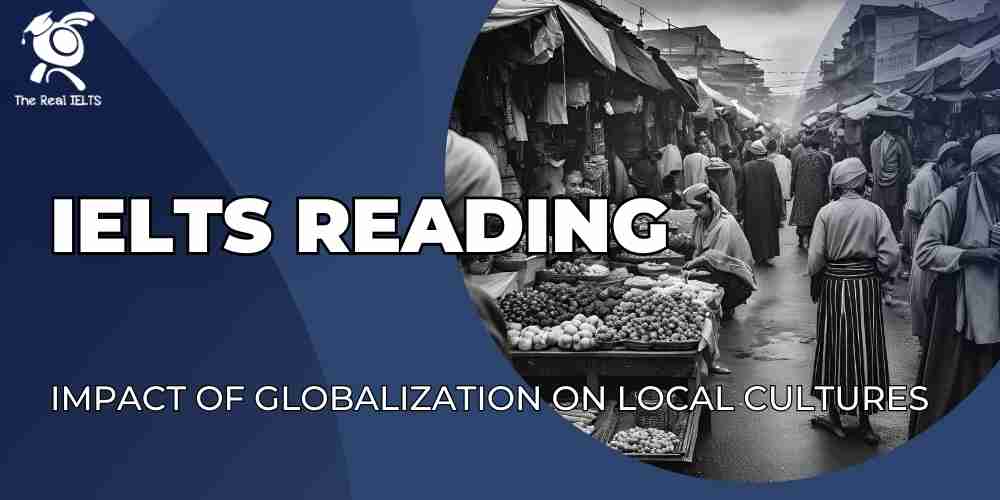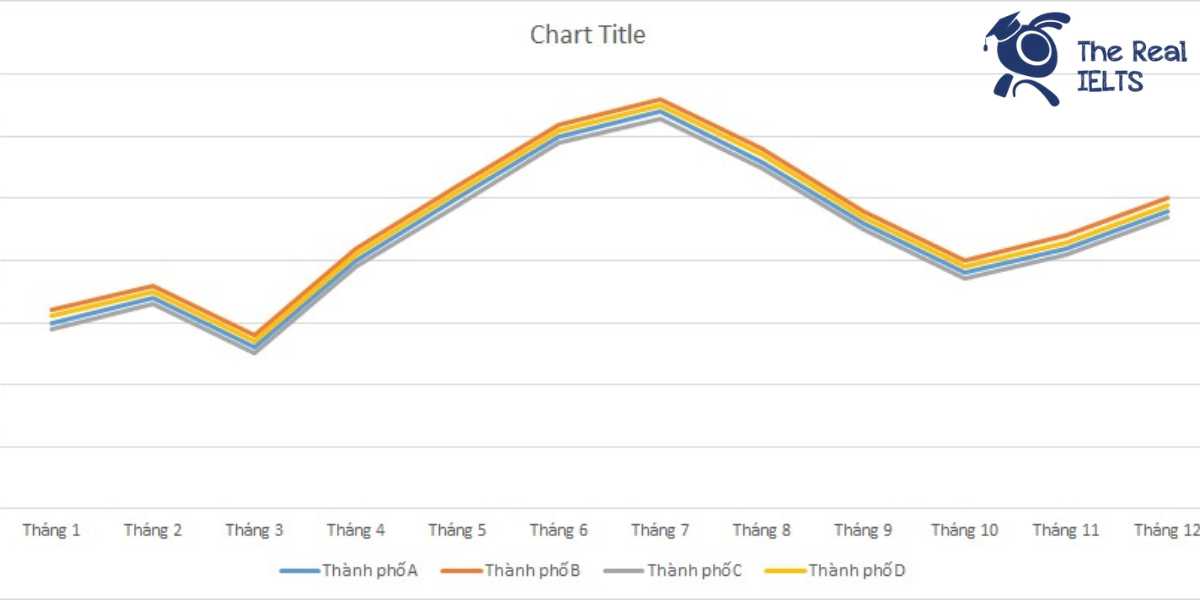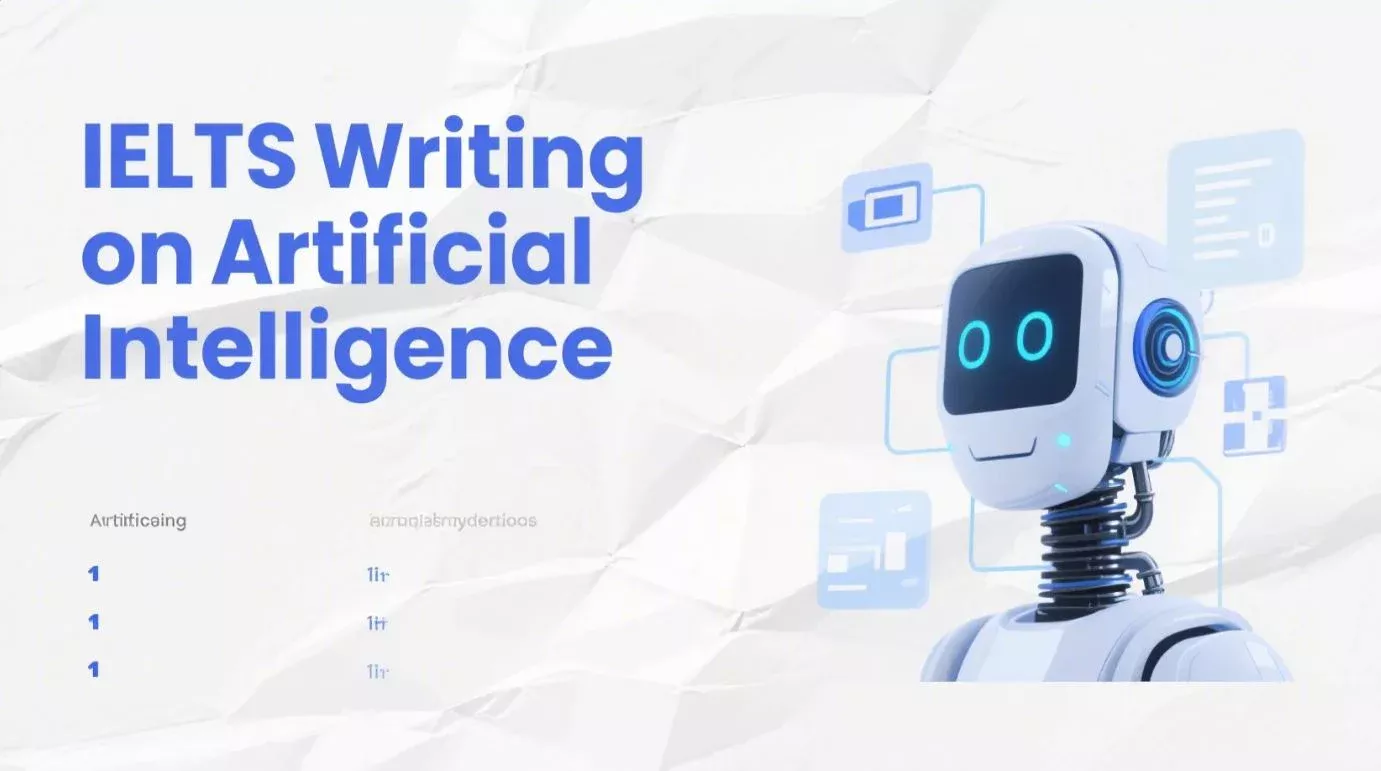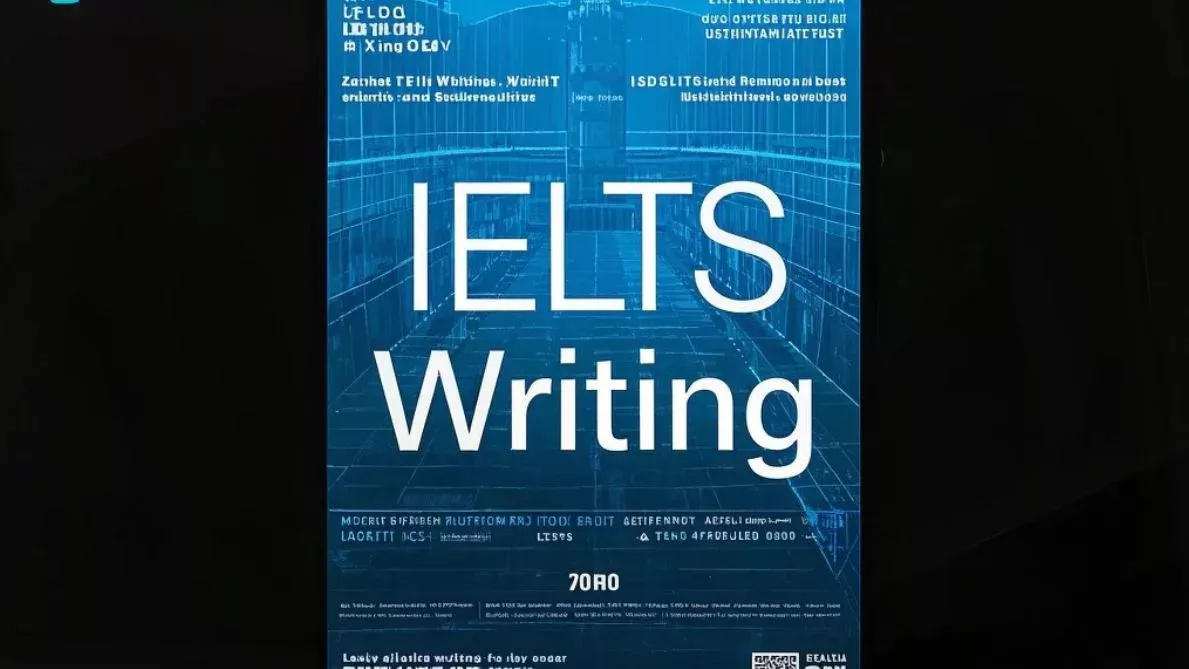Đề bài IELTS Writing Task 2 dạng Agree or Disagree Part 53:
You should spend about 40 minutes on this task
Exams are the best way to assess students. To what extent do you agree or disagree?
Write at least 250 words.
Giải mẫu IELTS Writing
Examinations have long been a staple in educational systems worldwide, often regarded as the most effective means of evaluating student performance. While exams have their merits, such as standardization and comprehensive coverage, they are not without limitations. This essay will discuss why, despite their advantages, exams should not be considered the sole or the best method for assessing students.
To begin with, exams offer a uniform structure that allows for a standardized assessment of a large group of students. This uniformity ensures that all students are tested under the same conditions, making it easier to compare performance across different individuals and institutions. Additionally, exams can cover a broad range of topics within a limited timeframe, providing a snapshot of a student’s knowledge and understanding of the subject matter. This is particularly beneficial in subjects that require factual recall, such as history or science.
However, relying solely on exams can lead to a narrow evaluation of a student’s abilities. Exams often emphasize memorization and the ability to perform under pressure, which may not accurately reflect a student’s overall capabilities or potential. For example, some students may excel in creative thinking, problem-solving, or practical skills that exams do not adequately capture. Moreover, the high-stakes nature of exams can induce significant stress, which might negatively impact performance and does not account for a student’s progress over time.
Furthermore, alternative assessment methods, such as projects, presentations, and continuous assessments, provide a more comprehensive view of a student’s abilities. These methods allow students to demonstrate their understanding in diverse ways and often encourage deeper engagement with the material. For instance, a project-based assessment can foster critical thinking and real-world application of knowledge, which are crucial skills in today’s rapidly changing world.
In conclusion, while exams offer a convenient and standardized means of assessing student knowledge, they should not be regarded as the best or the only method of evaluation. A balanced approach that includes a variety of assessment methods will provide a more accurate and holistic view of a student’s abilities and potential. Therefore, I partially agree with the statement that exams are the best way to assess students, recognizing their value but advocating for a more diversified assessment approach.
Cấu trúc ngữ pháp và cấu trúc câu
Cấu trúc câu và ngữ pháp được sử dụng
- Câu đơn (Simple Sentences):
- “Examinations have long been a staple in educational systems worldwide.”
- “This uniformity ensures that all students are tested under the same conditions.”
- Câu phức (Complex Sentences):
- “While exams have their merits, such as standardization and comprehensive coverage, they are not without limitations.”
- “This is particularly beneficial in subjects that require factual recall, such as history or science.”
- Câu ghép (Compound Sentences):
- “Exams often emphasize memorization and the ability to perform under pressure, which may not accurately reflect a student’s overall capabilities or potential.”
- “Moreover, the high-stakes nature of exams can induce significant stress, which might negatively impact performance and does not account for a student’s progress over time.”
- Câu phức ghép (Compound-Complex Sentences):
- “A balanced approach that includes a variety of assessment methods will provide a more accurate and holistic view of a student’s abilities and potential.”
Các từ kết nối (Linking Words) được sử dụng
- Mở đoạn và dẫn nhập:
- “To begin with”: Dùng để giới thiệu ý đầu tiên trong bài luận.
- “In conclusion”: Dùng để kết luận và tổng kết lại các ý chính.
- Chuyển đổi ý và bổ sung thông tin:
- “While”: Dùng để diễn đạt một sự đối lập nhẹ giữa hai mệnh đề.
- “Additionally”: Thêm thông tin bổ sung.
- “However”: Dùng để chỉ ra một sự đối lập hay hạn chế của vấn đề được nêu trước đó.
- “Moreover”: Bổ sung thêm thông tin để làm rõ thêm ý đã được nêu.
- “Furthermore”: Thêm vào ý đã được nêu trước đó để mở rộng nội dung.
- Lấy ví dụ và chi tiết:
- “For example”: Dùng để đưa ra ví dụ minh họa cho luận điểm.
- Tóm tắt và kết luận:
- “Therefore”: Dùng để chỉ ra kết quả hoặc hệ quả từ những điều đã thảo luận trước đó.
Các từ vựng tiếng Anh cần lưu ý trong bài viết
- Examinations – Kỳ thi
- Staple – Thành phần chính
- Educational systems – Hệ thống giáo dục
- Standardization – Sự tiêu chuẩn hóa
- Comprehensive coverage – Phạm vi bao quát
- Performance – Hiệu suất, thành tích
- Uniform structure – Cấu trúc đồng nhất
- Conditions – Điều kiện
- Compare – So sánh
- Factual recall – Nhớ lại thông tin thực tế
- Memorization – Ghi nhớ
- Perform under pressure – Thể hiện dưới áp lực
- Overall capabilities – Năng lực tổng thể
- Creative thinking – Tư duy sáng tạo
- Problem-solving – Giải quyết vấn đề
- Practical skills – Kỹ năng thực hành
- High-stakes – Đặt cược cao, áp lực cao
- Induce stress – Gây căng thẳng
- Alternative assessment methods – Các phương pháp đánh giá thay thế
- Projects – Dự án
- Presentations – Thuyết trình
- Continuous assessments – Đánh giá liên tục
- Comprehensive view – Cái nhìn toàn diện
- Diverse ways – Nhiều cách khác nhau
- Engagement – Sự tham gia
- Critical thinking – Tư duy phản biện
- Real-world application – Ứng dụng trong thực tế
- Holistic view – Cái nhìn toàn diện
- Balanced approach – Cách tiếp cận cân bằng
- Diversified assessment approach – Cách tiếp cận đánh giá đa dạng
Đọc thêm các bài Luyện Thi IELTS khác trong link nhé.















